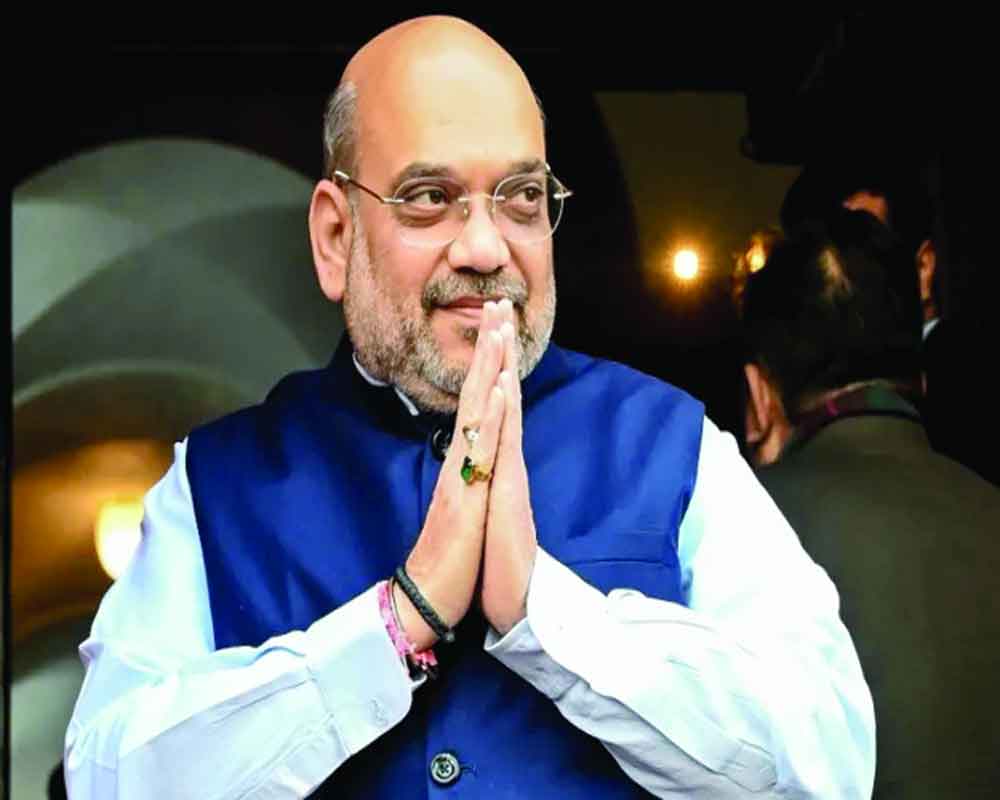The decline in number of terror incidents in J&K is a good indication to initiate the electoral process
There is an overall decline in terror activities and related fatalities in Jammu and Kashmir since the abrogation of Article 370 in 2019, Union Home Minister Amit Shah has pointed out. There has been a notable 66 per cent reduction in terror-related incidents and an 81 per cent drop in civilian deaths in the region, he said. Though this data has triggered a debate on the connection between the abrogation of Article 370 and its implications on the security situation in J&K, it can be safely said that the war on terror is far from over. The number of civilian deaths and terror incidents may have fallen but the figure is still rather large to call it the 'Heaven on earth', as it is often referred to. Article 370 granted special autonomy in governance and decision-making to the State of Jammu and Kashmir, even allowing it to have its own Constitution and flag. However, on August 5, 2019, the Narendra Modi-led Government decided to abrogate Article 370 and reorganise the State into two Union Territories – Jammu & Kashmir and Ladakh. One of the primary arguments for revoking Article 370 was the anticipation of improved security conditions in the region. The reported 66 per cent decline in terror incidents suggests that normalcy is slowly but surely returning to J&K. Ending terrorist activities is crucial for restoring peace and stability not only in Jammu and Kashmir but also in the broader context of national security.
However, it is essential to critically analyse the factors contributing to this decline. Some argue that the increased presence of security forces, coupled with strict counter-terrorism measures, has played a pivotal role in curbing extremist activities. Civilian casualties have been a deeply concerning aspect of the conflict in J&K, often causing widespread unrest and protests. The reduction in civilian deaths suggests a positive shift towards protecting the lives of innocent civilians caught in the crossfire. While the reported decline in terror incidents and civilian deaths is promising, it is important to acknowledge that challenges persist. Critics argue that the restrictions imposed on communication and movement in the aftermath of the Article 370 revocation have led to a stifling environment for the residents of Jammu and Kashmir. Concerns about human rights violation and their impact on daily life remain significant issues that need careful consideration. Now that things are returning to normal as per the Government’s claim, it is time to reinstate the political process in J&K and allow political parties to restart their activities. Besides, the recent Supreme Court directive to the Election Commission of India to conduct Assembly elections in Jammu and Kashmir by September 2024 poses a major challenge for the security agencies. To hold free and fair elections there poses yet another challenge as the trouble-makers would like to disrupt the process with all their might. But only after a democratically elected Government is installed in Kashmir can we call it peaceful.


























